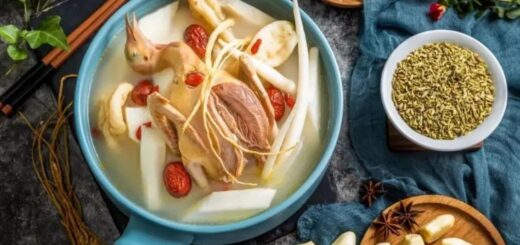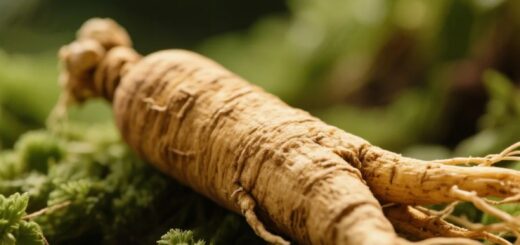Dongbei vs. Lufah Ginseng: 500 Years of Medicinal Evolution and Modern Misuse
I once read five notebooks by scholar Ji Xiaolan (also known as Ji Wenda) from the Qing Dynasty, which contained a discussion about ginseng varieties. He proposed: Dongbei Ginseng (Panax ginseng, dongcan) from Northeast China carries eastern growth energy, primarily serving as a fast-acting qi booster. Lufah Ginseng (Radix Ginseng Rubra, lüshen) from Shangdang, Shanxi absorbs central China’s soil nutrients, mainly strengthening the spleen and stomach. This discovery was groundbreaking as no previous scholar had noted this distinction.
Through research, I believe the “ginseng” in ancient Chinese medical texts specifically referred to Shanxi’s Lufah Ginseng. At that time, Dongbei Ginseng might not have been discovered yet in Northeast China, and even if it existed, it wasn’t distributed to central China.

During the Ming Dynasty (14th-17th century), a military officer named Wu stationed in Liaoning heard about Dongbei Ginseng’s longevity benefits. He consumed 300 grams (about half a jin) at once, resulting in severe diarrhea. This incident proves Dongbei Ginseng only became available in central China during the Ming era. All pre-Ming medical texts referencing ginseng actually described Lufah Ginseng.
Historically, Lufah Ginseng grew wild over decades, developing strong medicinal properties. Modern commercial farming for profit has significantly weakened its potency.
The Compendium of Materia Medica warns: Excessive ginseng consumption overstimulates the body, while insufficient dosage causes qi stagnation. This principle is crucial. Herbal efficacy depends on energy properties—ginseng’s warm nature causes diarrhea when overused, as seen in Officer Wu’s case. Unlike mild stomach-nourishing grains like rice and millet, ginseng isn’t inherently gentle.
Many wealthy individuals today consume Dongbei Ginseng daily for health benefits. However, small doses reduce appetite, while large amounts inevitably cause diarrhea. Why does this misconception persist?
Building on Ji Xiaolan’s theories, I observe: Dongbei Ginseng shows remarkable effects for qi deficiency or critical pox/rash cases. Lufah Ginseng specifically improves digestion in spleen-stomach weakness with dampness accumulation and appetite loss.
Modern practitioners often sell herbs themselves, indiscriminately prescribing expensive ginseng and deer antlers (Cornu Cervi Pantotrichum) regardless of patient conditions. This profit-driven practice is dangerous! I document these observations to warn against blind faith in tonics.


